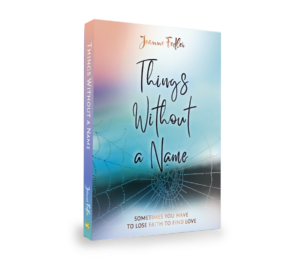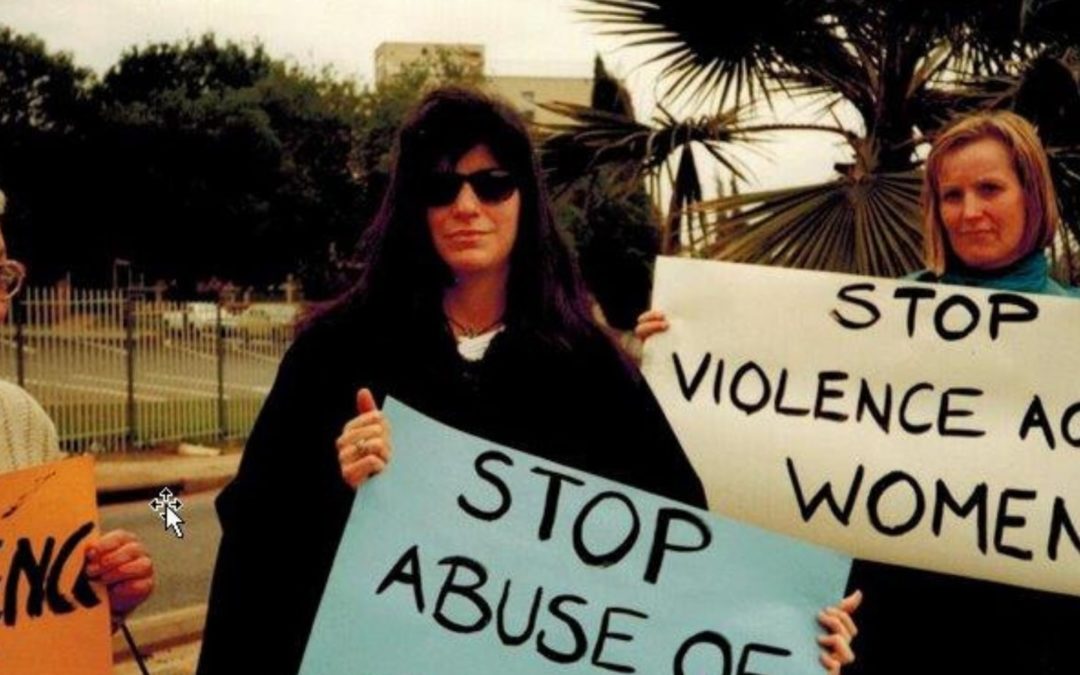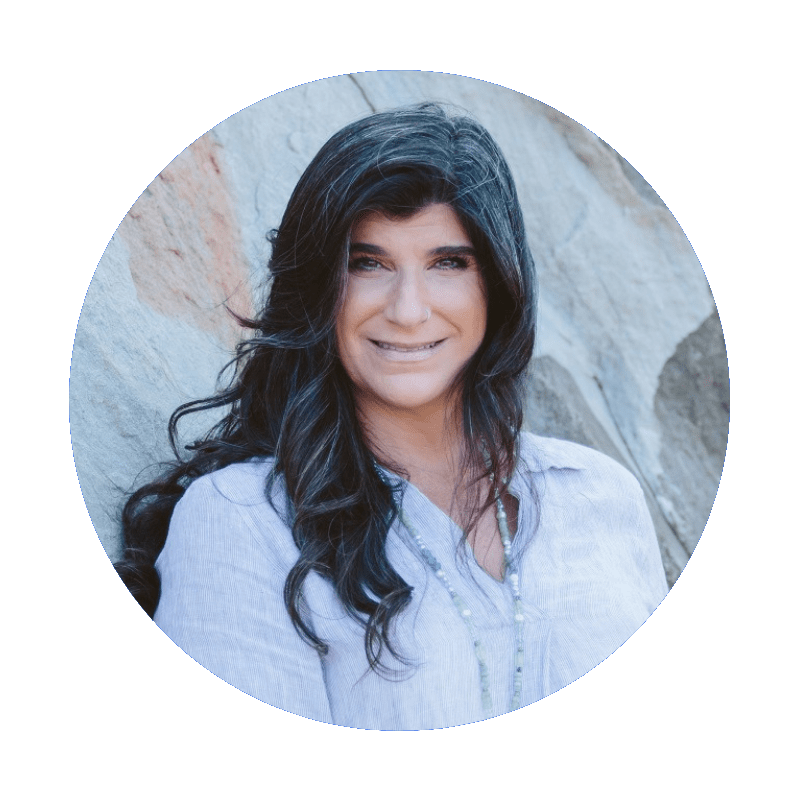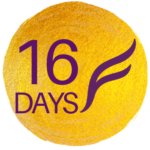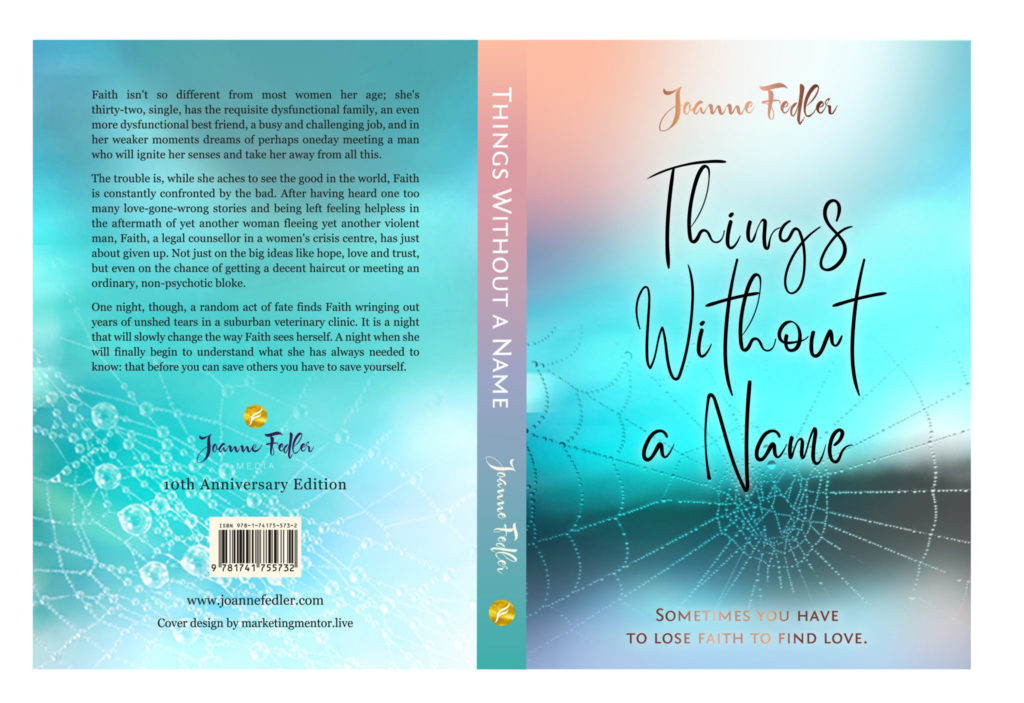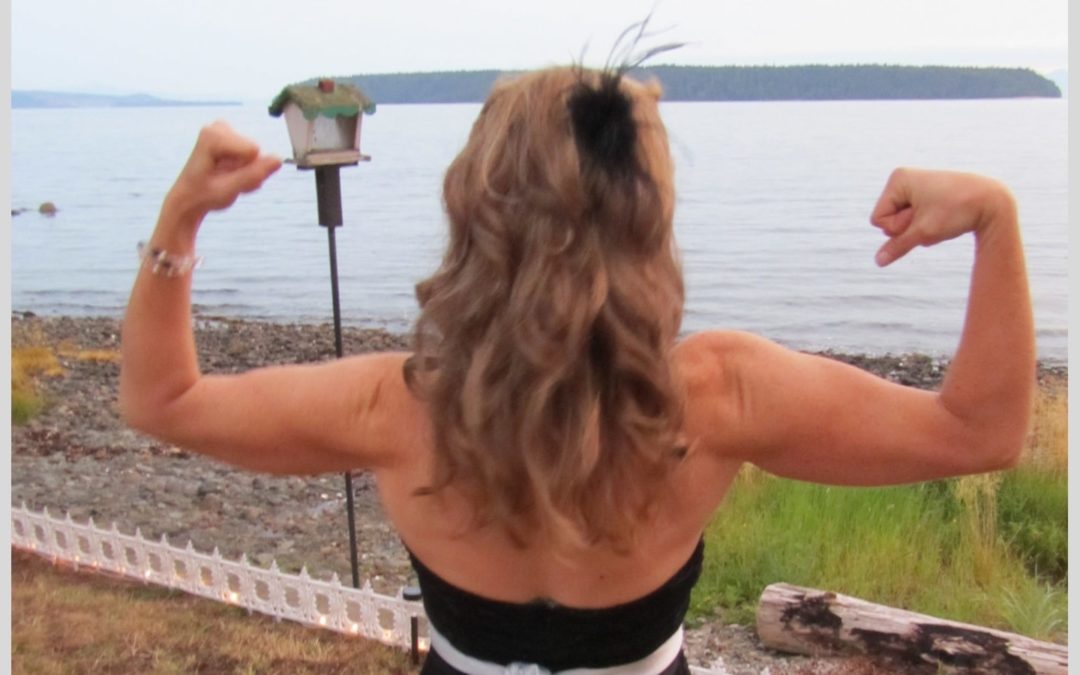
For the Brave Ones
For the Brave Ones
When I was asked to curate a series of blog posts for 16 days of activism against gender violence, I quickly discovered I was unprepared.
I had to approach these stories like a child on the shoreline of a cold, dark ocean. I was scared to rush into the immensity of the overwhelming swells – afraid of being swallowed by the waters I did not know, and those frothing waves with which I am all too well-acquainted.
I procrastinated for a time, certain of my eventual plunge, yet hesitant to wade into unfamiliar currents. I examined the benign components – the seashells and sand castles upon my sweep of deserted beach – as I organized the posts, updated my files, and standardized formatting. I dipped my toes in when I scanned the pieces for the consistent use of italics and quotation marks, and pulled them out again when words like “bruised” and “attacked” and “rape” lapped too frigidly at my mind.
I was the first line of public sharing for these writers. Many of them had been dumped into the abyss as if abandoned suddenly in the middle of the ocean with no land, or even buoys, in sight. Some floated with loved ones; some gave themselves over to the tide for a time – a necessary preservation to find the energy to fight the breakers yet to come. Some are still struggling for breath against the seemingly endless cresting waves.
But every single one has found a way to offer respite to her capsized sisters. They are the life preserver.
They have been for me.
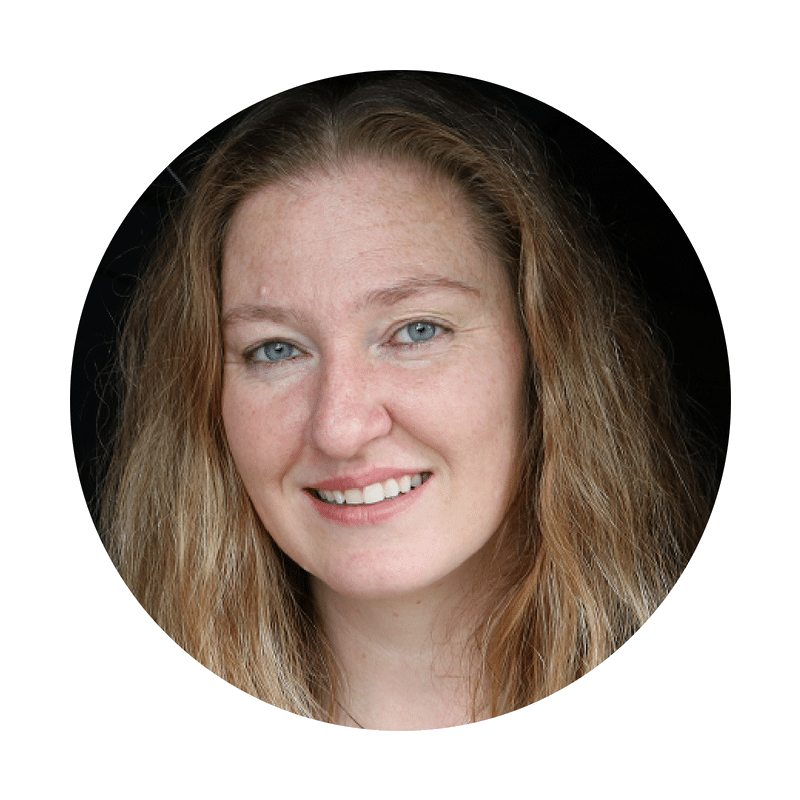
.
About Jennifer
Jennifer wrote her first poem at the age of six, and she has been involved in the world of words as an editor, a blogger, and an article writer. She is published in and shortlisted for a growing number of local, national, and international electronic and print publications, regularly reads at literary events, co-runs a writing group, and actively pursues educational opportunities to further develop her craft. Most recently she had an essay, titled Bairnlorn, appear in the Globe & Mail, placed first in the My City, My Words poetry contest, and wrote and handcrafted two board books for her son.
In sharing their traumas, they gift others with community. By opening up about difficult details and thoughts, they chip away at the isolations of abnormality. And through their stories of survival, healing, and reclamation, they contribute their voices to a conversation that gains resonance and power every day.
They lend others their strength.
I have spent a lifetime downplaying my experiences with violence. Unless speaking with close friends I have generalized my encounters, usually minimizing what I have been through by dismissively remarking, “I’ve experienced every type of abuse.”
Let me be precise.
I have been raped. I have been inappropriately grabbed on the bus. I have been choked to the point of losing consciousness. I have been sexually assaulted by someone I knew. I have been verbally and emotionally scarred. I have been beaten. I have had a stranger expose himself to me in a park. I have been dragged by my hair. I have been stared at by a naked man in a public pool. I have been threatened by a boyfriend at knifepoint.
Now, let me be clear about who I am.
I am loving. I am funny. I am intelligent and adventurous and beautiful. I am passionate. I am resilient. I am inspirational, educated, and tenacious. I am an ethical, hopeful spirit whose thoughtful treatment of the world and people around her will be a legacy for my children.
We are NOT defined by what we have been through.
Such experiences shape us; they draw their lines upon our faces and carve caution into our hearts. It takes courage to share the difficult parts of our past with others, especially with strangers and particularly in a public forum. It is the reason these stories have been gathered here: to spark dialogue. In curating this series, I have been an eye-witness to the rising up of phoenixes.

Joanne Fedler Media blog joins the global women’s campaign, the 16 Days of Activism against Gender-Based Violence, which starts from the International Day for the Elimination of Violence against Women (25th November) up to Human Rights Day (10th December). We would love you to share these stories on social media (using the hashtags: #OrangeUrWorld #OrangeTheWorld #HearMeToo #EndVAW), with your girlfriends, mothers, daughters, friends and sisters.
During this period, Joanne Fedler’s book, Things Without a Name (10th Anniversary Edition), can be downloaded for FREE.
Download Things Without a Name E-book
(Please check your email after clicking Submit for the download link)
[gravityform id=”20″ title=”false” description=”false”]
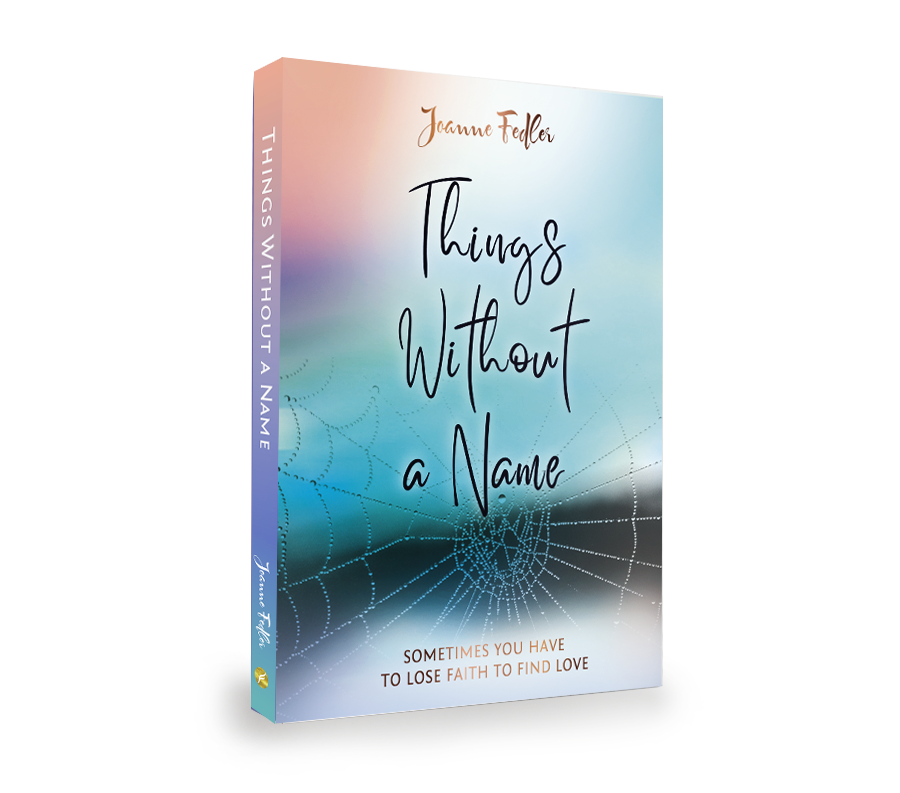
Things Without a Name
(10th Year Anniversary Edition)
by Joanne Fedler
Book Description:
At 34, Faith has given up on love. Her cleavage is disappointing, her best friend is clinically depressed and her younger sister is getting breast implants as an engagement present. She used to think about falling in love, but that was a long time ago. Having heard one too many love-gone-wrong stories from the other side of her desk, Faith is worn thin by her work as a legal counsellor in a women’s crisis centre. Then one night, an odd twist of fate brings her to a suburban veterinary clinic where she wrings out years of unshed tears. It is a night that will slowly change the way she sees herself and begin the unearthing of long-buried family secrets so she can forgive herself for something she doesn’t remember, but that has shaped her into the woman she is today. Faith will finally understand what she has always needed to know: that before you can save others, you have to save yourself.
Come and Join the Midlife Memoir Breakthrough
A Five-Day Live Event in Sydney with Joanne Fedler
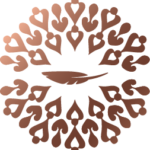
In this hands-on, intimate workshop (an eclectic mix of teaching, instruction, writing exercises, meditations, ritual, sharing and other joyful activities), I will teach you how to take the material of your life – the moments that counted, no matter how shattering or modest – and weave them into a memoir that makes sense of it all.

